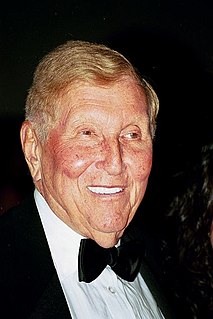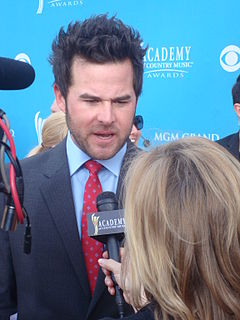A Quote by Tina Brown
American newspapers are dying mostly because they were so dull for so long, a whole generation gave up on them.
Related Quotes
I do think comics are a dying art form because newspapers are a dying medium. But it's not to say that in the next generation, where there's people getting their news electronically, comics won't survive. Right now, they're still largely attached to the newspaper world. And the more they can break away from that, the more they have a chance to live on.
I don't think that people are necessarily going to films simply because they were adapted from comics, though I could be wrong. Comics aren't really misunderstood either, they've just been mostly silly for the past century, and those genre-centered stories have found their way into the movie theaters over the past couple of decades because a generation who grew up reading them has, well, grown up.
I didn't marry you because you were perfect. I didn't even marry you because I loved you. I married you because you gave me a promise. That promise made up for your faults. And the promise I gave you made up for mine. Two imperfect people got married and it was the promise that made the marriage. And when our children were growing up, it wasn't a house that protected them; and it wasn't our love that protected them--it was that promise.
As far as commercials were concerned, I did very few, and I did them only when they gave me carte blanche to them the way that I wanted to. And I did them as an exercise, because I, who do very long films, never thought I would be able to tell a story in 30 or 40 seconds - you come across a whole new system and manner of approaching a subject.
I'm first generation American, and my parents were both from Nigeria. And so I always say that I'm literally an African American. So my last name is Famuyiwa, it's different. And so that was a part of my experience from people not being able to pronounce it to not sort of having sort of a shared, common history with a lot of the kids that I was growing up with because my parents were from Africa.



































